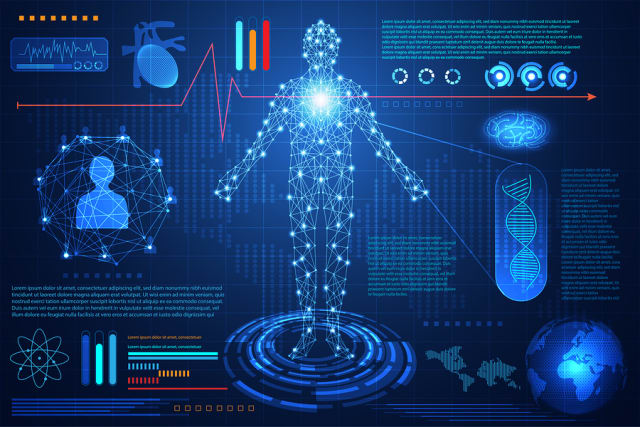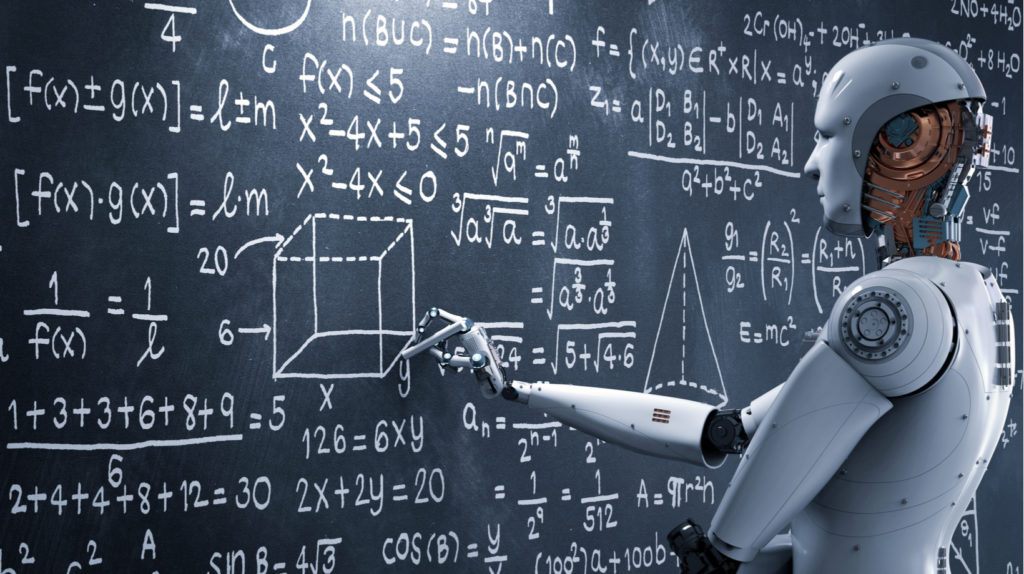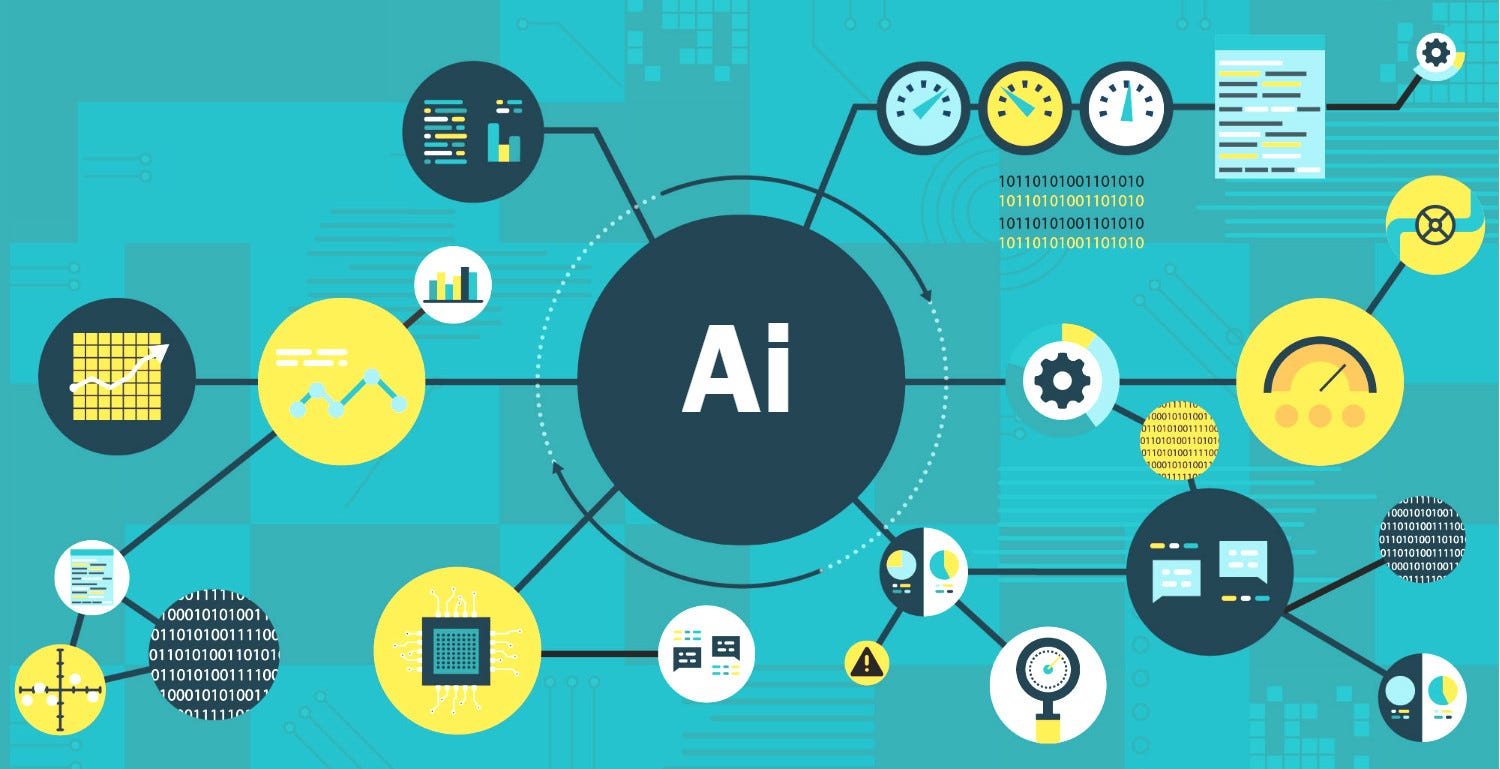Backed by the technology of Machine Learning, AI has penetrated deep within business operations. This is one of the rapidly growing and trendsetting technologies in the business industry today. According to research, global revenue earned from AI software is expected to reach $118.6 billion by the end of 2025. Surfacing over the above, it would not be surprising to state that the technology of Artificial Intelligence has witnessed a steady growth. Nonetheless, it failed to gain significant traction or for that matter, the technology is yet to receive the required attention.
Current Artificial Intelligence Scenario
Now that every technology comes with a bed of loopholes, in the same way, there exist pros and cons of artificial intelligence. But it depends all on you if you wish to focus on the brighter side of the day, or keep yourself locked within the limitations. As of now, nearly 77% of the consumers are actively using the technology. Starting from Chatbots to virtual assistants, artificial intelligence has made its way exponentially. Though, there have been some exceptions stating that artificial intelligence deals with hypothetical computers or the supercomputers as seen in fictional movies but the fact is far different.
Artificial Intelligence Predictions & Statistics
Expectation For Overall Business Productivity to Rise By 40% After The Inception Of AI
Tailored with the potential to automate, artificial intelligence can boost the overall productivity by around 40%. It is as simple as blending in machines to perform a day to day human tasks and not just through pre-fed directions but systemically and through predictive analysis. It means that the machines operated based on the technology of AI have the potential to think smart before acting smart.
Prediction In AI In Chatbots To Rise By 136% By 2021
Chatbots are an authentic way to automate human tasks. Whether it’s about solving a customer issue or sending notifications or alerts, Chatbots excel in all. Though only 38% of the users are vesting in chatbots, the purpose of ongoing innovation is to leverage the accuracy of the operations as a whole.
Artificial Intelligence Use Cases – Applications
A lot has been said about artificial intelligence, current standings, and future expectations, but all of these are theoretical facts with some or no trace of practical usage. Like, where do we use this technology or how is the industry implementing this groundbreaking technology and where? We don’t know about you, but as far as we are concerned, we want to put a stop to this debate and know the actual or the real-time usage of artificial intelligence. So, before making a judgment based on the pros and cons of artificial intelligence, let’s have a quick ride at a few of the real-world applications that use the technology.
Artificial Intelligence In Healthcare
Machine learning is one of the core technologies used in the healthcare sector that helps streamline most of the tasks. It’s a fact that these technologies help make decisions faster and better. IBM’s Watson is one of the frequently used applications which helps fosters the integration of artificial intelligence to assist both the doctors and patients as a whole.
Artificial Intelligence In Education
Streamlining connectivity between students and educators not only cuts down the cost but also saves considerable time for educational operations. AI-driven mechanisms have the potential to impart virtual education and at the pace of the individual in the discussion.
Artificial Intelligence In Business
Robotic Process Automation has been in the industry for automating human-driven tasks. ML integrated into analytics and CRM platforms to know about ways to serve customers. Prompt service to the customer deck and optimizing tasks is all about AI.
Artificial Intelligence In Automobile Industry
Autonomous vehicles, a new term? Not really. Artificial Intelligence has altered the face of the automobile industry. Self-driving cars are one of the technologies propelling industry-wide. They have built-in sensors and trackers that drive them effectively. Autonomous vehicles have the capability to gather information, make smarter decisions, and further move along as desired.
Artificial Intelligence In Robotics
We know artificial intelligence is all about making smarter and informed decisions. And when it comes to robotics, the technology can emerge as a destiny changer. Consider that there have been certain underground formations which might lead to attacks or deaths. However, after the inception of AI, all these tasks are performed by computerized assistants that are capable of making smarter decisions and prevent disastrous effects.
Pros Of Artificial Intelligence
We are sure that by now, you might have had the idea of what artificial intelligence is, and how is it being used in real-world industries. What next? Why do we use artificial intelligence, or to be precise, what are the pros of artificial intelligence?
Perform Everyday Tasks Easily
It is a well-known fact that most of our everyday tasks are the same and repetitive. It means that humans, irrespective of their work domain, perform routine tasks. Integration of artificial intelligence has been a boon in this respect as it blends in machines that would perform mundane and repetitive tasks. However, the manual workforce could shift its focus on much more important tasks. This, in a way, increases the efficiency of the task done while optimizing the entire business operation.
Indefinite Working Hours
Now, this is something that attracts manufacturing industries the most. Wondering why? Imagine a manual labor working 10 hours a day, being replaced by an AI-backed machine that can function for long hours without taking breaks or time shifts. Under no circumstances can the former surpass the work done by the latter. As long as there is a supply of resources, the machine would continue to work indefinitely, even at odd hours of the day and with the same operational efficiency.
Reduced Possibility Of Error
AI is making smarter machines by reducing the possibilities of making errors. With machines replacing humans, nearly every industry is now modifying the workforce. Machines are structured in a way that they perform human tasks effectively, eliminating the probability of error.
Appropriate Decision Making
Machines aren’t humans, and so they lack emotions. To top it all, AI machines have been designed in a way that they use earlier behavior to make decisions, and that, too, changes continuously. It implies that these machines aren’t static but dynamic. They continuously improve the database and then take decisions in real-time.
Can Be Implemented In Risky Situations
One of the most important applications is its usage in risky situations. Several places are vulnerable to safety. And so, having a manual workforce might expose the same to life risk. Replacing them with robots or AI-driven machines can overcome this and are a major positive impact of artificial intelligence.
Cons Of Artificial Intelligence
Expensive
There’s no doubt that the technology is enticing. Moreover, there are many pros to artificial intelligence. However, the technology is too expensive, and not all can afford it, especially the SMEs. It incurs installation costs and maintenance costs along with repair, which boosts the total cost of technology and is one of the most debated cons of artificial intelligence.
Reduce Human Skills
Machines are doing all or most of the work of humans nowadays. What will the manual workers do? The pace at which the world is shifting to automation, it is exposing a huge threat to human jobs and will further reduce the efficiency of humans to solve problems.
Increases Dependency
Scientists are no doubt about setting new trends with their groundbreaking technology, namely artificial intelligence. Furthermore, every industry is embedding the same to optimize its work culture, given the plentiful advantages of artificial intelligence.However, after complete automation, the low skilled labors would be forced to quit their jobs as their service would no longer be needed. In a way, people would be dependent on machines for nearly every other task, and this is one of the major cons of AI.
Absence Of Creativity
Other cons of artificial intelligence are the lack of innovation and creativity. Considering that AI uses past behavior and experiences to make decisions, there is a possibility that they take decisions inaccurately. It might change the situations, but due to previous responses, the system does not employ analytical decision making.
Faster Changes In Processes’ Structure And Unemployment
Due to the emerging/updating technologies and increasing use of AI in every process, the way of working is changing. Sometimes, this change reaches to an extent when there’s no need for human intervention. While some times, it requires training of the existing workforce to upgrade their skills for using the AI-enabled processes efficiently. So, AI may cause unemployment and investment in re-training. However, if it’s closing the chances of employment in some sectors, it is creating employment in another. No matter what you hear or think about the pros and cons of artificial intelligence, the technology is here and is for long. It implies that irrespective of the facts and speculations or the different pros and cons of artificial intelligence, this technology is the need of the hour given the pace at which the world is digitizing and likewise, automating. Artificial intelligence has tremendous possibilities. Moreover, it can be used to drive the maximum potential of the same. So, don’t get dragged away by the negativities instead take your step ahead and decide for yourself if the technology is worth embedding or not.


